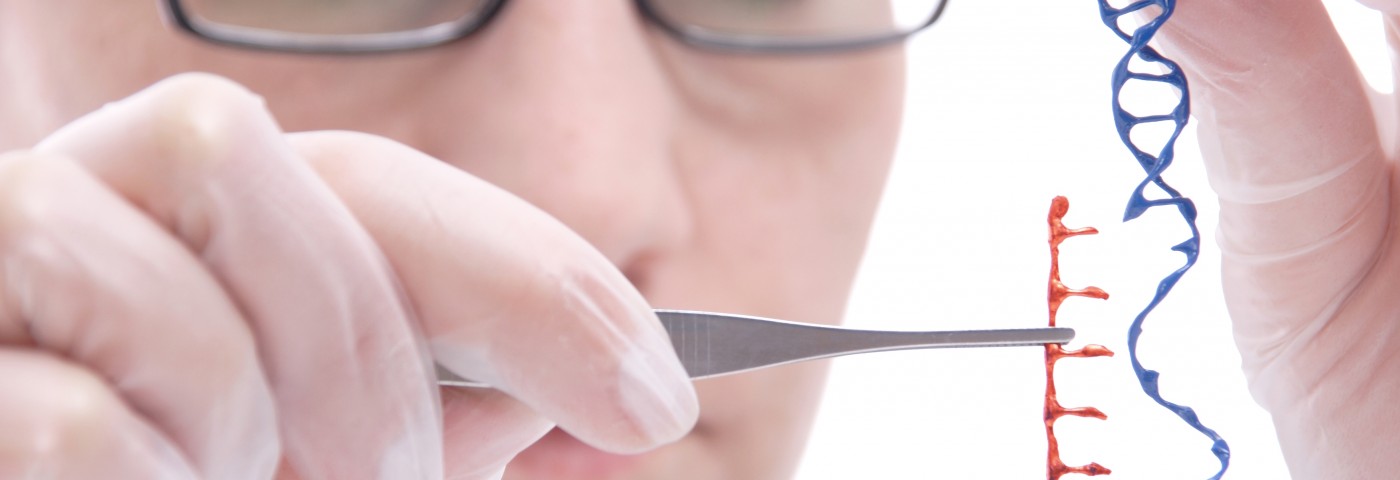A phase II trial evaluating combination of radiotherapy and an experimental treatment driving tumor cells to self-destruct achieved promising results in cancer regression and presented no indication of tumor recurrence. The results, entitled “Long-term outcome of a phase II trial using immunomodulatory in situ gene therapy in combination with intensity-modulated radiotherapy with or without hormonal therapy in the treatment of prostate cancer,” were published in the Journal of Radiation Oncology.
The “suicide gene therapy” strategy consists of introducing a herpes virus gene that produces the enzyme thymidine kinase (TK) directly into the tumor cells, using adenovirus as a delivery method. Once the gene is delivered and expresses TK, anti-herpes drug valacyclovir is given to the patients, leading TK-producing cells to self-destruct when in contact with the drug, further alerting the immune system to the presence of cancer cells. Senior author Dr E. Brian Butler, M.D, commented in a press release, “We have created a vaccine with the patient’s own cancer cells, a treatment that complements, and may even enhance, what we can achieve with traditional radiation and hormonal therapies.”
Researchers enrolled 66 patients in the phase II trial from 1999 to 2003, and divided them into two groups of 33 patients: group arm A, consisting of patients with cancer confined to the prostate (Gleason score <7, pretreatment PSA <10) who received radiotherapy and the experimental gene therapy twice during the study; and the group arm B, consisted of high-risk patients with more aggressive cancer (Gleason score ≥7, pretreatment PSA ≥10) who received radiation, hormonal therapies and the gene therapy treatment three times.
Results from the 62 patients who completed the trial showed that the new therapy yielded promising results in conjugation with radiotherapy, with or without hormonal therapy. Five-year overall survival rates were 97 and 94% for arms A and B, respectively, and negative biopsy rates at 24 months were of 83% and 79%, respectively. Importantly, these results produced little or no side-effects.
Lead author Bin Teh, M.D., vice chair of Houston Methodist’s Department of Radiation Oncology stated, “This is extremely pleasing to us, considering we had patients enrolled in our protocol after other physicians deemed them incurable. We firmly believe this will be a viable treatment strategy.”
The team is already developing a phase III trial to evaluate safety and efficacy for the in-situ immunomodulatory gene therapy before it can be approved by the Food and Drug Administration (FDA).

